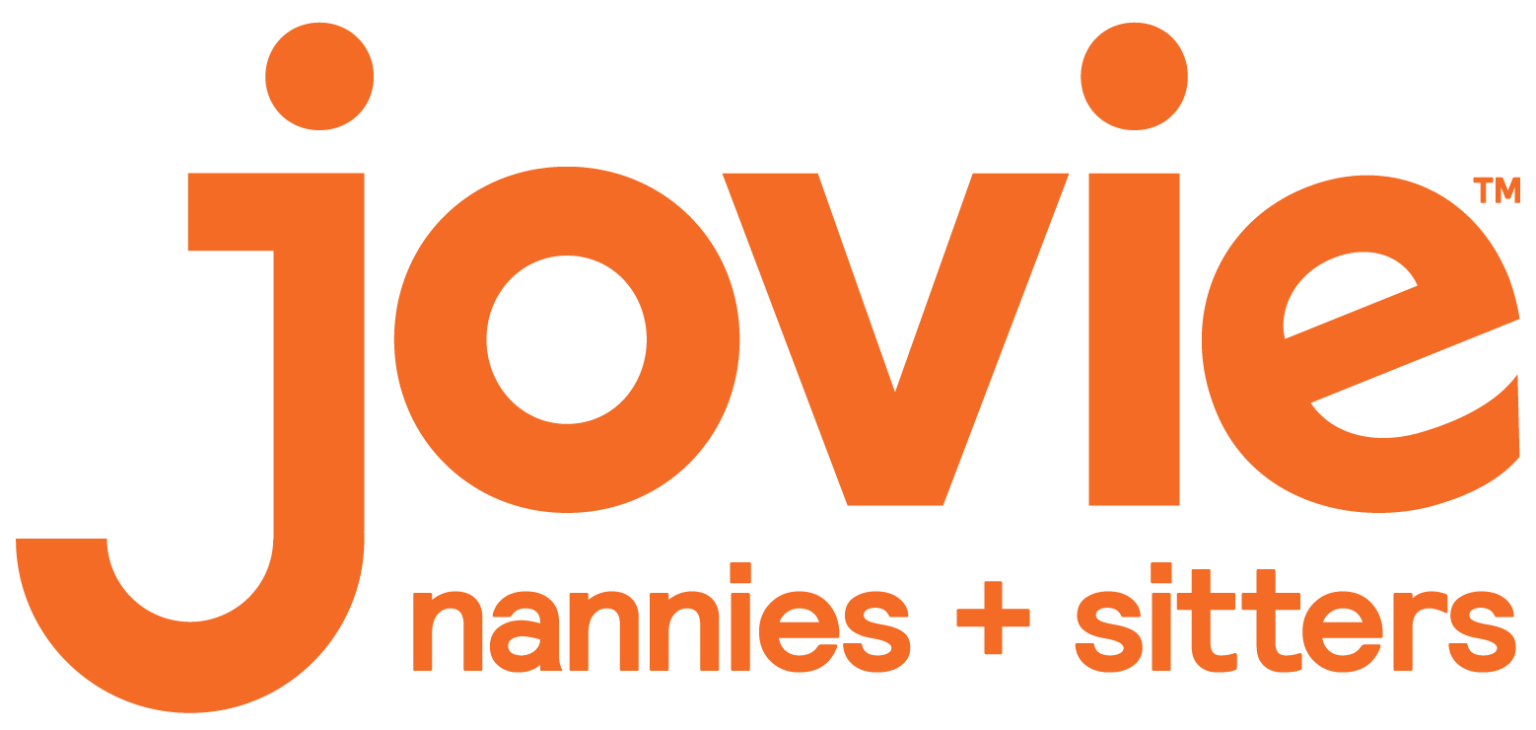Food restrictions can be a source of stress for both children and their parents. Whether it’s food intolerances, allergies, or other restrictions, it’s essential that your babysitter can maintain your child’s food care plan when you’re not around. Let’s explore some tips you can use to set them up for success in following your child’s dietary restrictions.
Educate Your Babysitter About Your Child’s Food Restrictions
The first step in ensuring your babysitter can meet your child’s food needs is providing clear and thorough education about your child’s restrictions. Consider compiling a detailed document outlining the ins and outs of your child’s food needs. Avoid medical language like “lactose intolerant” and “celiac” and opt for language that is easy to understand, such as “cannot eat dairy” or “allergic to gluten.” In this document, include a list of safe foods and provide clear food preparation instructions if relevant (especially if there are concerns about cross-contamination). Make sure there is time to comprehensively review this document with your babysitter before their first shift. While it’s important to leave written instructions, it’s also best to review them in person so you can provide physical demonstrations of specific food preparation instructions and allow them to ask questions.
Label Foods Clearly
Clearly labeling safe and unsafe foods will go a long way to ensure your babysitter can successfully follow your child’s dietary specifications. Use stickers or a marker to mark allergens on food packaging. You can also create separate storage areas in your fridge and pantry for safe foods. A storage system that’s easy to follow can give you and your babysitter peace of mind that they are properly adhering to your child’s eating needs. If you want to be extra cautious, you can prepare meals and snacks for your child ahead of time and store them in the designated “safe” locations.
Create a Plan for Emergencies
Although your precautions will help avoid many emergencies, accidents can still happen, and your babysitter must know how to handle them if they arise. Explain to your babysitter what might happen if your child ingests something they shouldn’t. Children have dietary restrictions for various reasons–from religious and ethical concerns to mild intolerances to severe allergies–so the consequences of eating something outside their dietary plan can vary. Go over the use of medications and EpiPens with your babysitter. Let them know what symptoms they should look for, if any, and when to call a doctor. Make sure to include this information in your written document, including a list of emergency contacts that includes your child’s doctor’s office.
Encourage Open Communication
Check-in with your babysitter regularly to see if any questions about your child’s dietary needs come up. Even if they’ve cared for your child before, new food items or situations can elicit new questions or concerns. Be sure to keep your babysitter updated if your child’s food restrictions have changed since the last time they cared for your child. And, of course, be patient with your sitter and offer support as you navigate this topic with them. Everyone has different levels of knowledge about dietary restrictions. Skilled sitters like the ones at Jovie are committed to taking good care of your child, so if you set the expectation of clear and open communication, you will set your babysitter up for success!
Ready to Find the Right Babysitter for Your Family?
Jovie makes it easy to find a trusted babysitter who can navigate your child’s food restrictions with you. With Jovie, we thoroughly screen our sitters using background and reference checks, provide ongoing training opportunities, and personally match sitters with families based on their specific needs. We do all this so that parents know their child is truly in safe hands! Find the perfect sitter for your family today.













